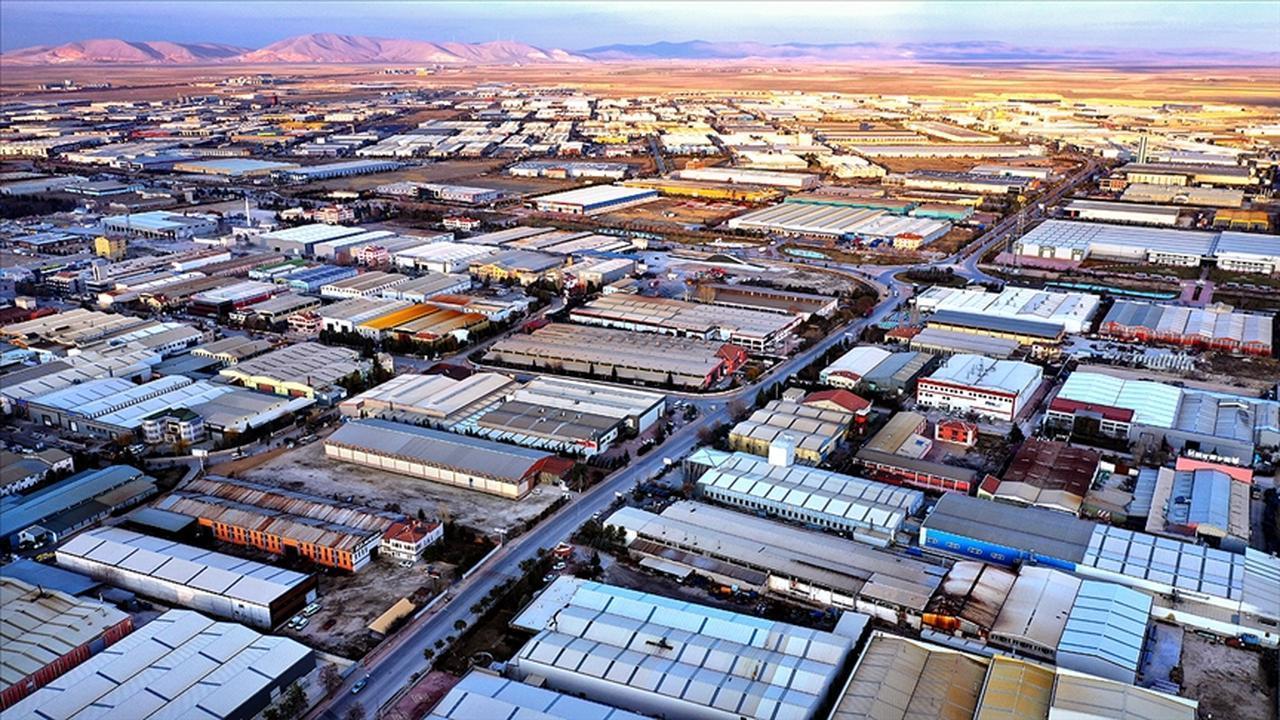
Türkiye's largest oil refinery, TUPRAS, maintained its position as the country's biggest industrial company by production sales for 2024, according to data released Tuesday by the Istanbul Chamber of Industry.
The company posted ₺651.6 billion ($19.1 billion) in production sales, leading the annual ranking of Türkiye's 500 largest industrial enterprises for another consecutive year. Ford Otomotiv held second place with ₺356 billion, while Star Rafineri remained third with ₺201.6 billion, keeping the top three positions unchanged from the previous year.
The rankings, compiled annually by the Istanbul Chamber of Industry since 1968, revealed concerning trends for Türkiye's manufacturing sector in 2024. Chamber President Erdal Bahcivan described the findings as a critical "check-up" of industrial health, highlighting three negative indicators that defined the year.
Türkiye manufacturers faced mounting financial strain as nearly all profits were consumed by financing costs, according to the chamber's analysis. Operating profitability dropped sharply to 6.2% in 2024 from an average of 10.4% during the 2014-2023 period. Sales profitability fell even more dramatically, declining from 7.1% to 2.6%.
"Industrialists spent their earnings on financing," Bahcivan said during the presentation, noting that this year's assessment required revision to reflect that "almost all earnings went to financing expenses."
The chamber identified three fundamental problems: real production sales have declined over the past three years, manufacturers were forced to allocate nearly all profits to financing costs, and profitability ratios experienced sharp drops.
Two companies broke into the top 10 rankings for 2024: Iskenderun Demir Celik and Hyundai Motor Türkiye. The chamber's vice presidents, Irfan Ozhamaratli and Cemal Keles, attended the announcement alongside Bahcivan.
Despite the challenges, Bahcivan expressed continued confidence in Türkiye's Medium-Term Program while cautioning that industry bears the heaviest burden of implementation. The industrial sector closed 2024 with virtually no growth, he noted.
"A fundamental understanding should be that there is no perception of deviation from the program's targets," Bahcivan said, emphasizing the need for broad-based support beyond just manufacturers.
The chamber president warned of risks that Türkiye could drift away from production, though he said this trend could be reversed with collective effort across all sectors. He stressed that manufacturing holds strategic importance not only economically but also from geopolitical and security perspectives.
Bahcivan welcomed the "2030 Industry and Technology Strategy" announced by the Turkish presidency, describing it as a roadmap for industrial transformation. He said the chamber's Strategic Transformation Center would align its work with this vision.
The annual survey, which has tracked Türkiye's industrial landscape for over five decades, serves as a barometer for the country's manufacturing competitiveness and economic health.